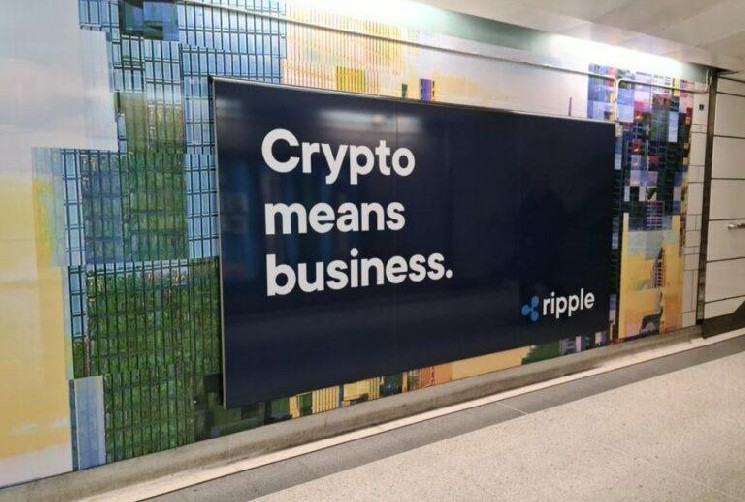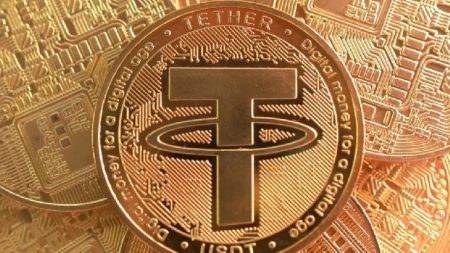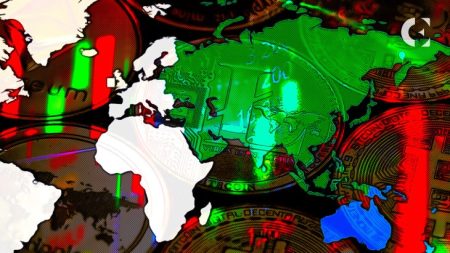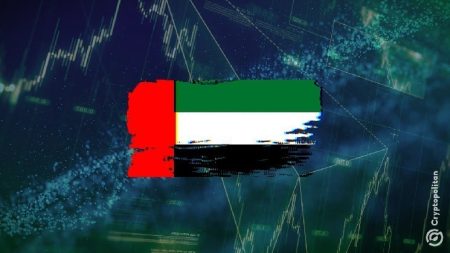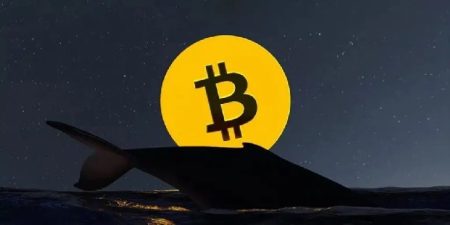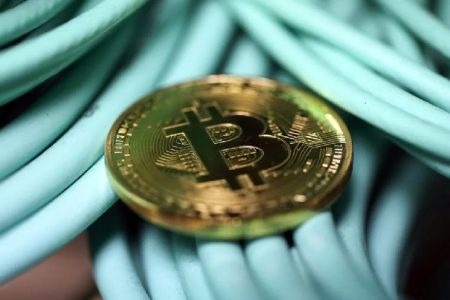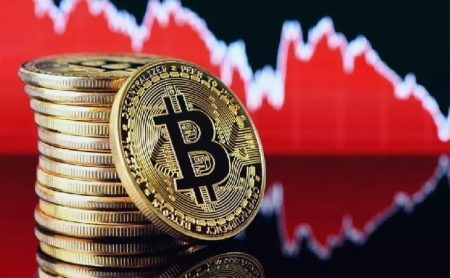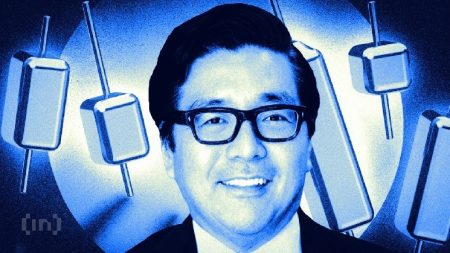The year 2024 has been a pivotal one for the cryptocurrency landscape, particularly in the Middle East and Africa (MEA) region, with the United Arab Emirates (UAE) emerging as a frontrunner in shaping the future of digital finance. Reece Merrick, Ripple’s Managing Director for MEA, highlights the UAE’s progressive regulatory framework, innovative application of blockchain technology, and strong government support as key drivers of this transformation. This proactive approach has positioned the UAE as a burgeoning hub for digital assets, influencing the global financial landscape and paving the way for a more inclusive and efficient financial system. The country’s embrace of stablecoins, including Dirham-backed digital currencies, and the establishment of regulatory frameworks for foreign stablecoins, are foundational elements in this evolving ecosystem.
The UAE’s strategic adoption of stablecoins is revolutionizing cross-border payments, offering faster, more secure, and cost-effective transaction options. This “crypto makeover” in the remittance industry is particularly impactful, streamlining transactions and reducing costs between the Middle East, South Asia, and Africa. The UAE’s leadership in this space is fostering closer financial ties within these regions, enhancing connectivity and driving greater efficiency in the remittance sector. The ripple effect of these advancements extends beyond just cost savings; it promotes financial inclusion by providing access to faster and more reliable cross-border payment solutions for individuals and businesses.
The increasing popularity of digital assets necessitates robust and secure custody solutions to build institutional confidence and drive wider adoption. The UAE is well-equipped to address this need, offering compliant, investor-grade custody services that further integrate blockchain technology into global financial markets. This focus on security and compliance is crucial for attracting institutional investors and fostering trust in the digital asset ecosystem. By providing a secure environment for storing and managing digital assets, the UAE is strengthening its position as a reliable and attractive hub for cryptocurrency investment and innovation.
Tokenization is another transformative force reshaping the financial ecosystem. The UAE and other Gulf Cooperation Council (GCC) countries are making significant strides in digitizing traditional assets like bonds and sukuk. By leveraging blockchain technology, they are unlocking new economic opportunities and creating more efficient and transparent financial markets. Tokenization not only streamlines the issuance and trading of these assets but also expands access to a wider range of investors, further democratizing financial markets. This trend is poised to revolutionize traditional finance by reducing friction, enhancing liquidity, and improving overall market efficiency.
The UAE’s commitment to stablecoin innovation further solidifies its role as a cornerstone of global digital payments. The country’s forward-thinking ecosystem is fostering financial inclusion and supporting the burgeoning cross-border remittance market. By actively promoting and implementing stablecoin solutions, the UAE is driving global innovation in the digital payments space and establishing itself as a leader in the transition towards a more digitally driven global economy. This leadership position not only benefits the UAE but also serves as a model for other nations exploring the potential of digital currencies and blockchain technology.
The adoption of blockchain technology is also gaining momentum within the MEA banking sector, with institutions in the UAE, Saudi Arabia, Bahrain, Qatar, and Morocco leading the charge. These institutions are leveraging blockchain for faster payments, tokenized assets, and stablecoin utility, ushering in a new era of diversified and resilient financial systems. This widespread adoption within the banking sector signifies a fundamental shift in the financial landscape, paving the way for a more efficient, transparent, and secure financial future. The MEA region is poised to benefit significantly from these advancements, further solidifying its position at the forefront of global financial innovation.



